So I’m more or less resigned to getting spam calls. Because I have a small business, and the cellphone is my contact with potential customers, I have to answer when the phone rings, especially if the number on caller ID is with a south Texas area code. Usually crisply saying the name of the Teeny Publishing Bidness and adding “May I help you?” inspires the usual human caller to break the connection. When the inevitable pre-recorded message regarding my extended auto warranty, I say a couple of cuss words and break the connection. However, the robocalls which mention a legal action against me for a criminal offense, or a threat to suspend my social security number and advise me to dial “1” to speak to an investigating agent, or whatever … those I have had some fun with.
The call always goes to a boiler room – I can tell from the ambient sound, since I used to work at a call center. The person answering always has an accent – Indian, mostly. They announce themselves to be Agent something or other, with Social Security or some law enforcement agency – and I tell them straight out that no they aren’t: they’re scammers trying to scam money from senior citizens, and they are scummy human beings, and I don’t see how they can live with themselves, doing this for a living. I have a very nice, accusatory rant, but mostly I don’t get more than a couple of sentences into it, before they break the connection. Yesterday I did get a woman who at least had the sand to yell back, and insist that she would call again and again, and again … I cussed her out a bit more, threatened to file a complaint with the Texas Attorney General’s office and promised to block the number her scummy, scamming enterprise was spoofing. At least that was a good few minutes that she wasn’t working over someone much more gullible than me.
Frankly, it’s kind of fun making these people’s work lives a bit of a misery. And it certainly relieves my feelings a bit. Honestly, I do wish that law enforcement would work a bit harder on pursuing these cases, although most of it seems to be based overseas. This guy, with his glitter-bomb packages and endless ingenuity – as well as knowledgeable friends in the internet security industry – is doing good work.

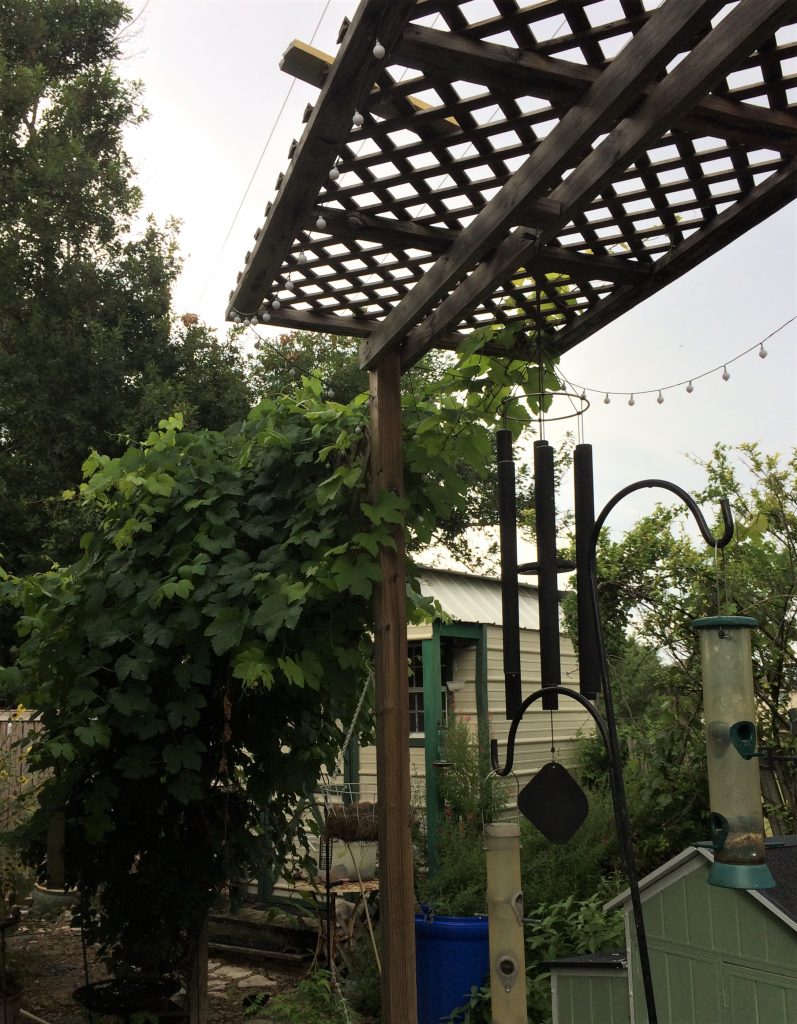

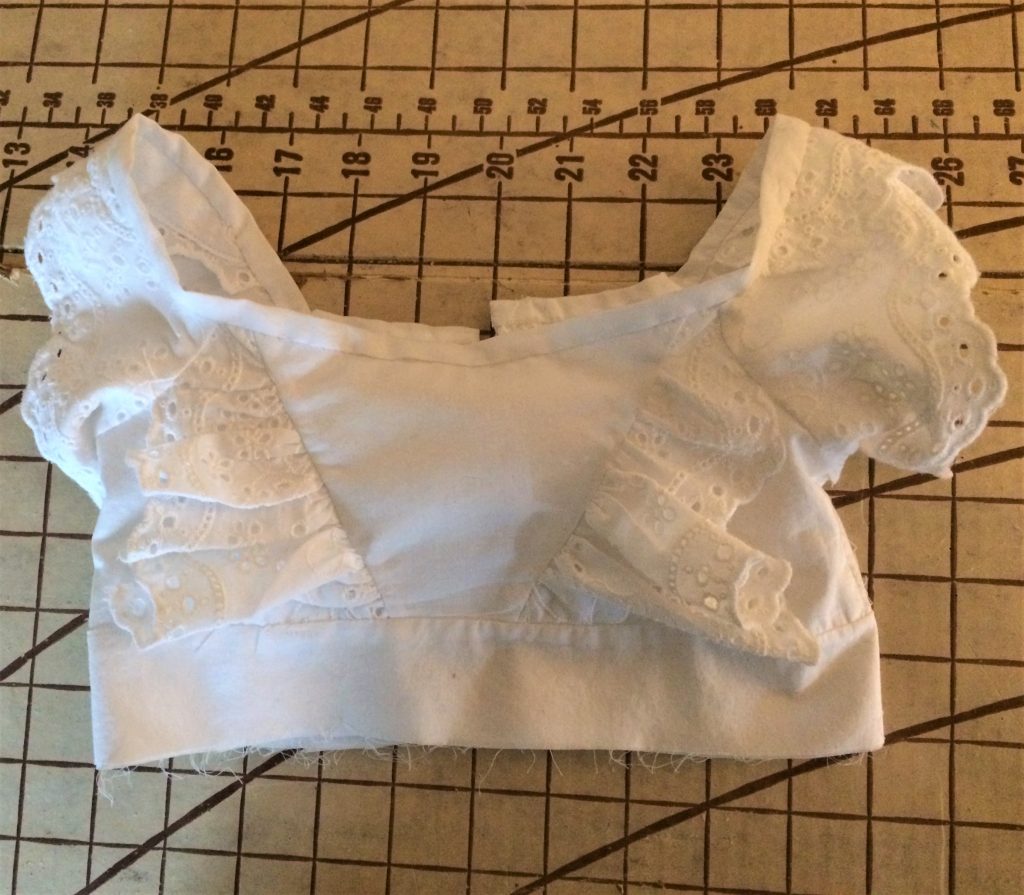
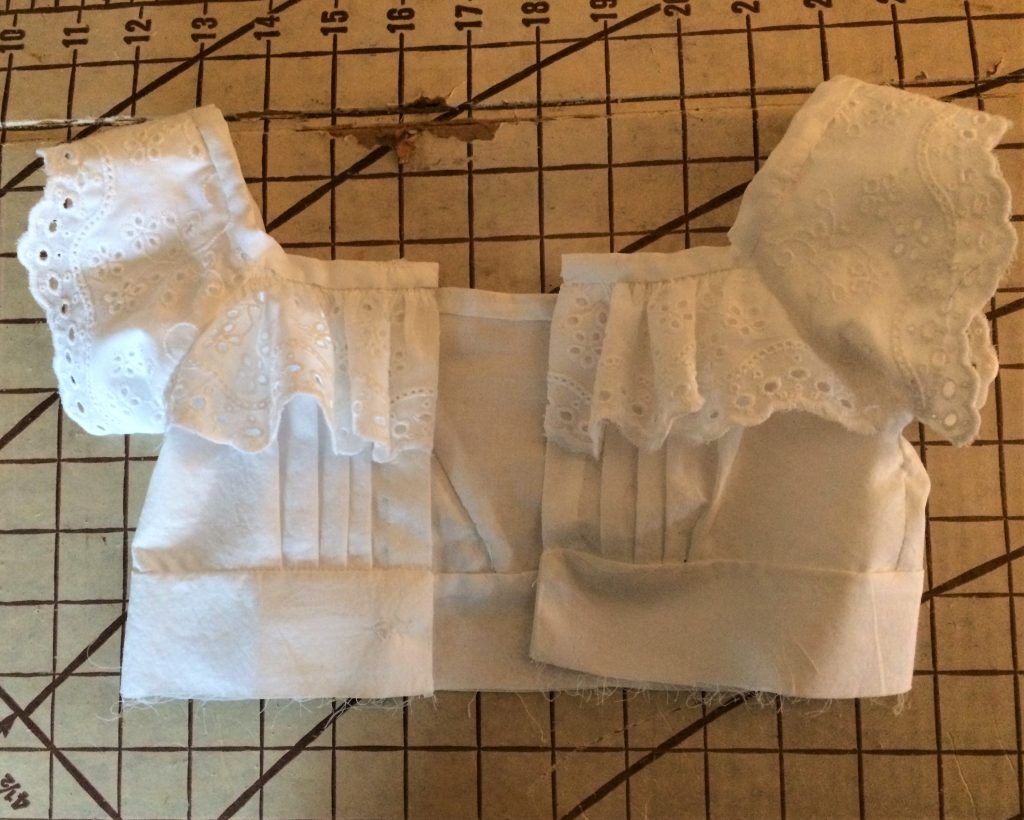
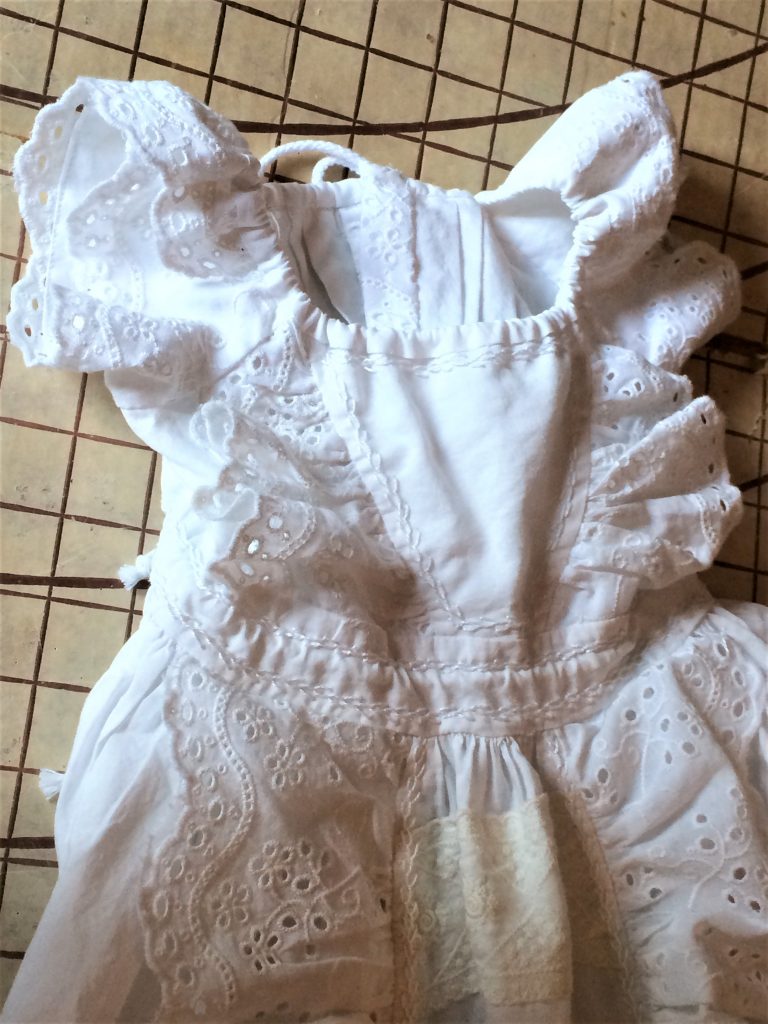
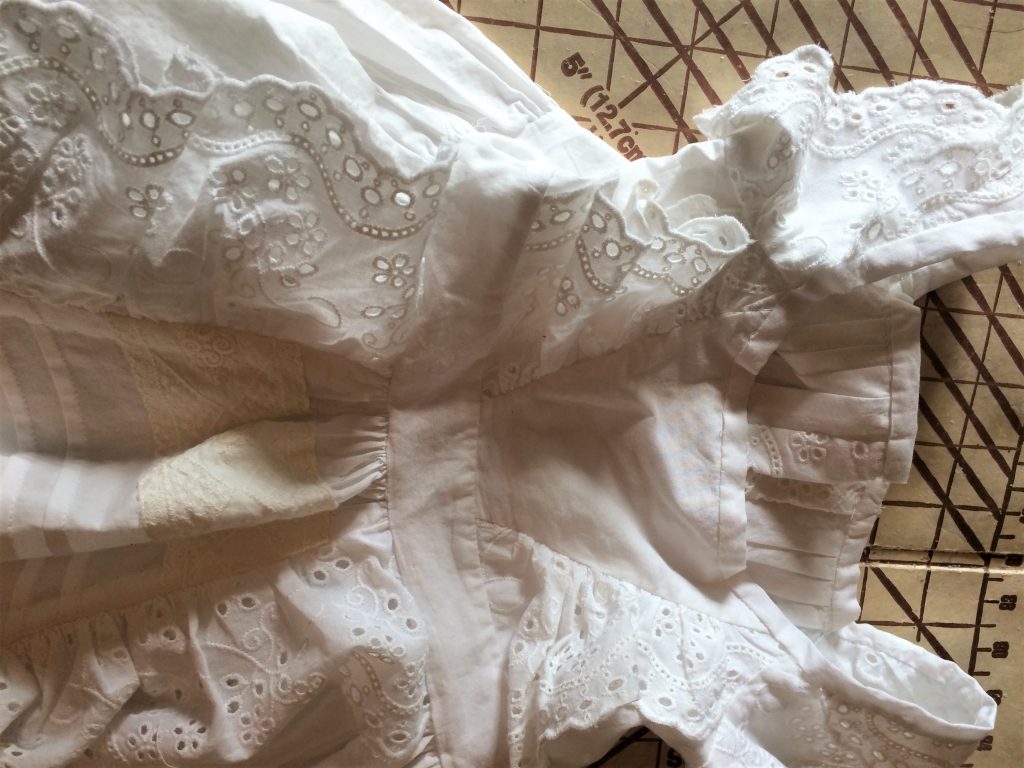
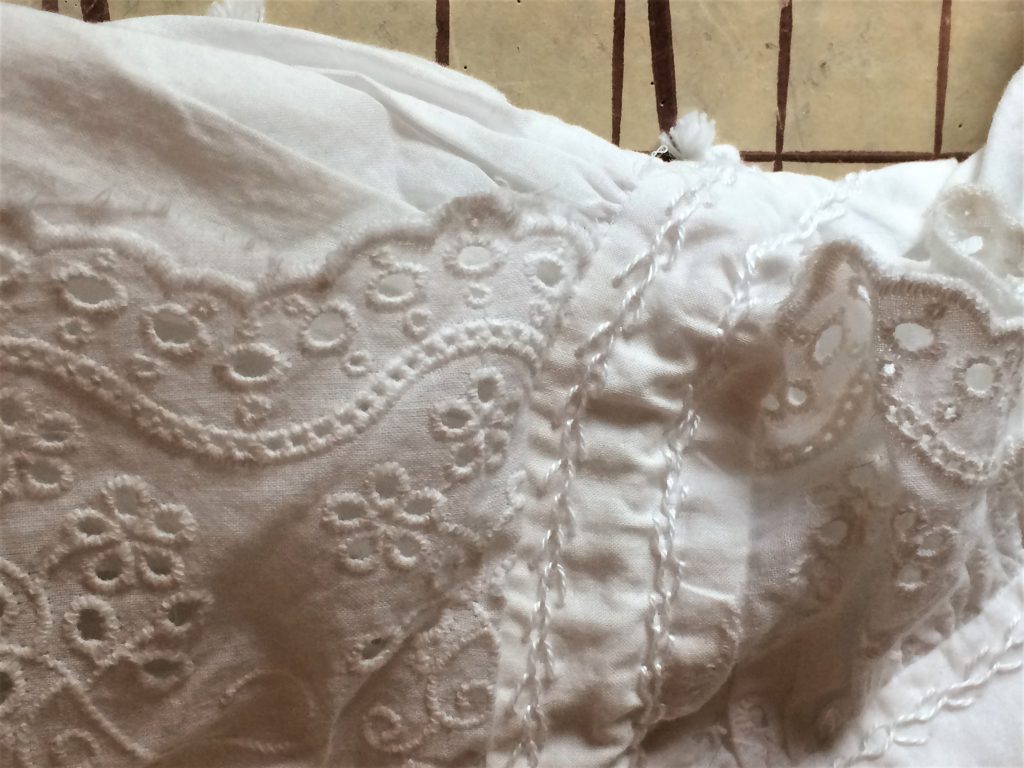
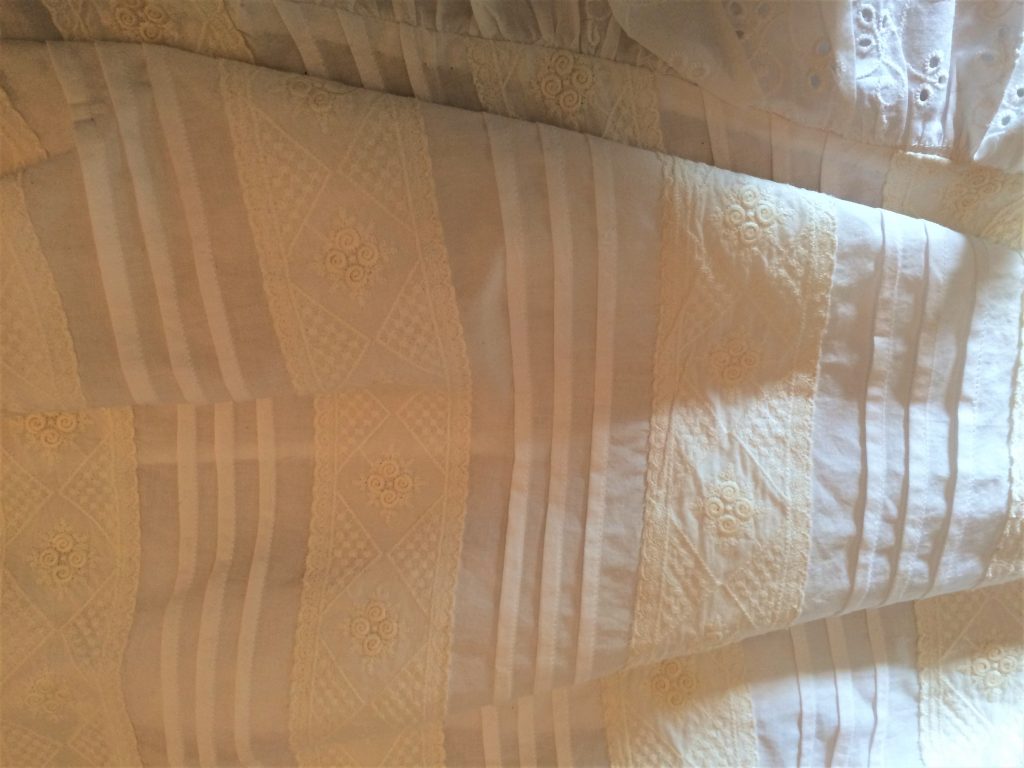
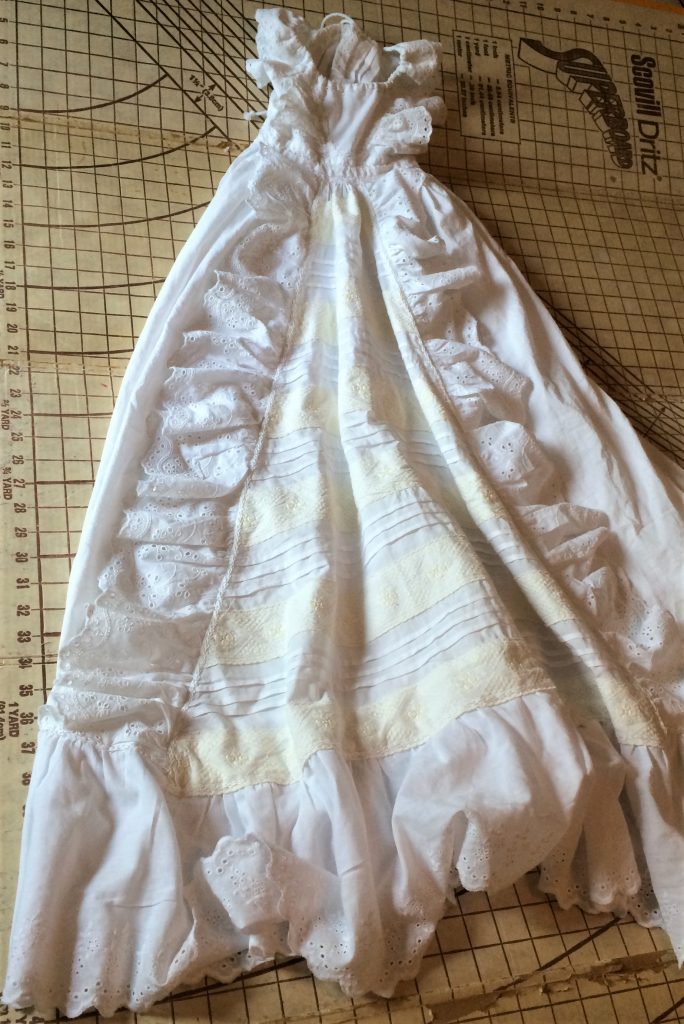
Recent Comments